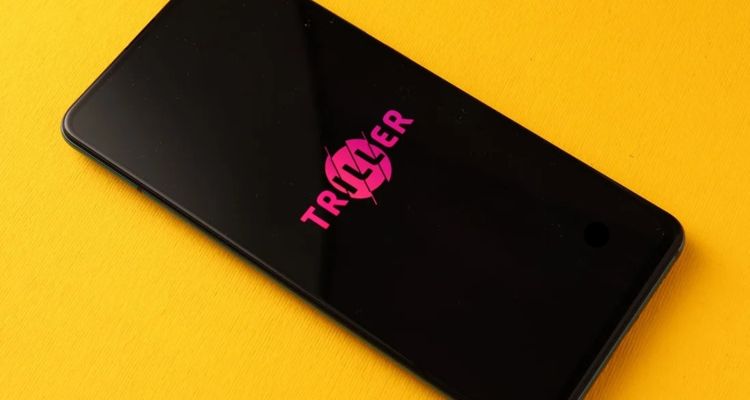The Triller v. TikTok Patent Infringement Lawsuit Is Coming to California

Photo Credit: Triller
Back in late July of 2020, short-form video-sharing app Triller submitted a massive lawsuit to a Texas federal court, accusing TikTok and its ByteDance parent company of infringing upon U.S. Patent 9,691,429. Now, the presiding judge has officially approved the defendants’ request to transfer the case to California.
In the original complaint, Triller – which partnered with SoundCloud and Peloton, via its Verzuz program, earlier this year – alleged that the defendants had infringed upon the six-year-old patent, entitled “Systems and methods for creating music videos synchronized with an audio track.” Triller co-founders David Leiberman and Samuel Rubin in 2015 filed for the straightforward patent – centering on analyzing user-created videos’ details and timing these clips up with music based upon the nature of the content at hand.
The USPTO approved the application in 2017, and the controversial TikTok “directly and indirectly” infringed upon the patent specifically by enabling its own users to time up their videos with music, according to the complaint. But company higher-ups refuted the allegation and, in late October of last year, fired back with a lawsuit of their own.
In the complaint – filed in a California federal court – TikTok and ByteDance also took aim at the initial suit’s venue, stating off the bat that the latter business is a foreign “holding company” that doesn’t have “employees or facilities” in the Lone Star State. California, the counter-plaintiffs claimed, is a “proper forum” because it’s a “state where all of the relevant parties are based.”
Worth noting on this front is that multiple patent infringement lawsuits have made their way to Texas federal courts during the last year or so, including actions involving Pandora, TikTok (as a defendant in a case from a company called Pixmarx IP), and Apple. The Apple suit, concerning the entity’s FairPlay digital rights management (DRM) technology, resulted in the Cupertino-based company being ordered to pay more than $308 million.
It also bears highlighting that the Beijing Meishe Network Technology Company, “a smart video and audio total solution service provider,” targeted TikTok and ByteDance in a copyright infringement suit in May, spearheading the legal action in Texas as well.
As initially mentioned, Judge Alan Albright has granted the defendants’ request to transfer the case from Texas to California, legal documents show. The ruling followed oral arguments on Friday, June 25th, pertaining to the motion to transfer as well as Triller’s motion to strike new evidence and arguments that TikTok/ByteDance introduced in a reply brief. Besides approving the transfer request, once again, Judge Albright denied the motion to strike.
At the time of this piece’s publishing, neither Triller nor TikTok appeared to have issued a public statement in response to the development. Evidence suggested last year that Triller was considering pursuing an IPO – though the rumored stock-market listing hasn’t yet come to fruition – and reports just recently revealed that ByteDance shelved TikTok IPO plans after meeting with Chinese regulators.
